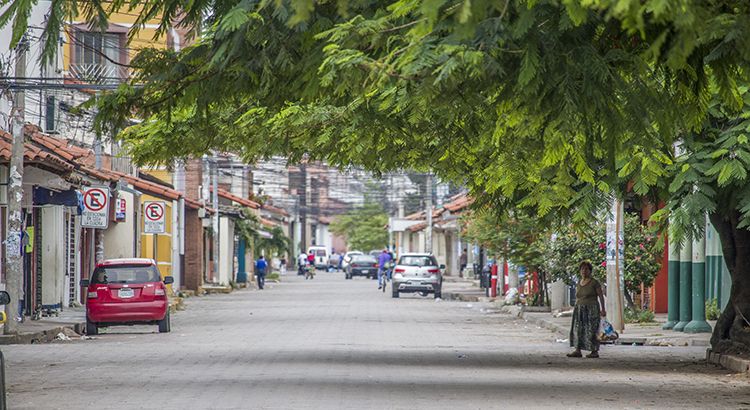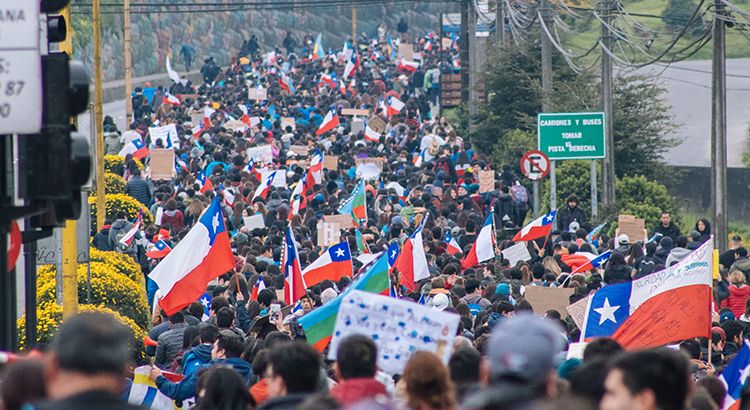Bolivia: A New Battle over the Census. The 36-day Strike of the Santa Cruz Civic Movement against the Arce Government
In November, President Luis Arce in Bolivia faced one of the most turbulent moments of his government. In response to the postponement of the Population and Housing Census (initially scheduled for 2022) to 2024, mass protests in the country’s lowland region and the economic powerhouse of Santa Cruz effectively shut down Bolivia’s largest city. The strike was promoted by Governor Luis Fernando Camacho, who in 2019 led the movement that overthrew Evo Morales. The demand was to carry out the census in 2023 and request the redistribution of economic resources and parliamentary seats before the 2025 elections.

